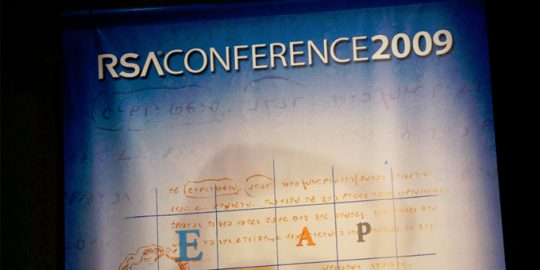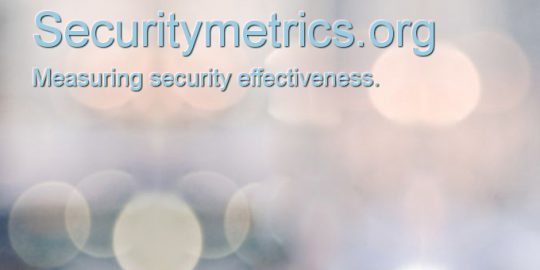Businesses losing fight against employee apps
From Techworld (Maxwell Cooter)
Enterprises are struggling to control the use of consumer applications within the workplace, despite the panoply of security tools being used within corporates.
According to new research [paloaltonetworks.com], nearly half of all bandwidth within corporate environments is being consumed by personal applications such as YouTube, peer-to-peer filesharing and various other consumer applications. Peer-to-peer is a particularly frequent problem, and according to the research, an average of six P2P applications were found in 92 percent of the organisations surveyed. Read the full story [cio.com]











